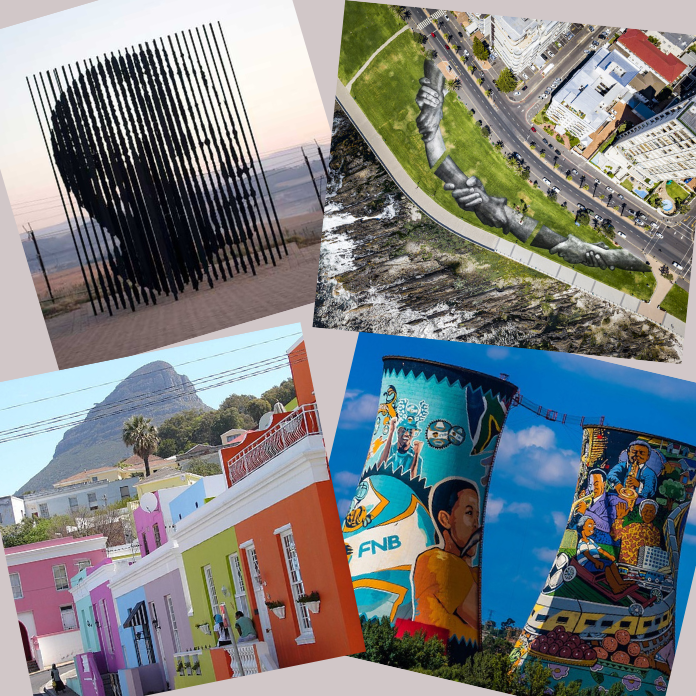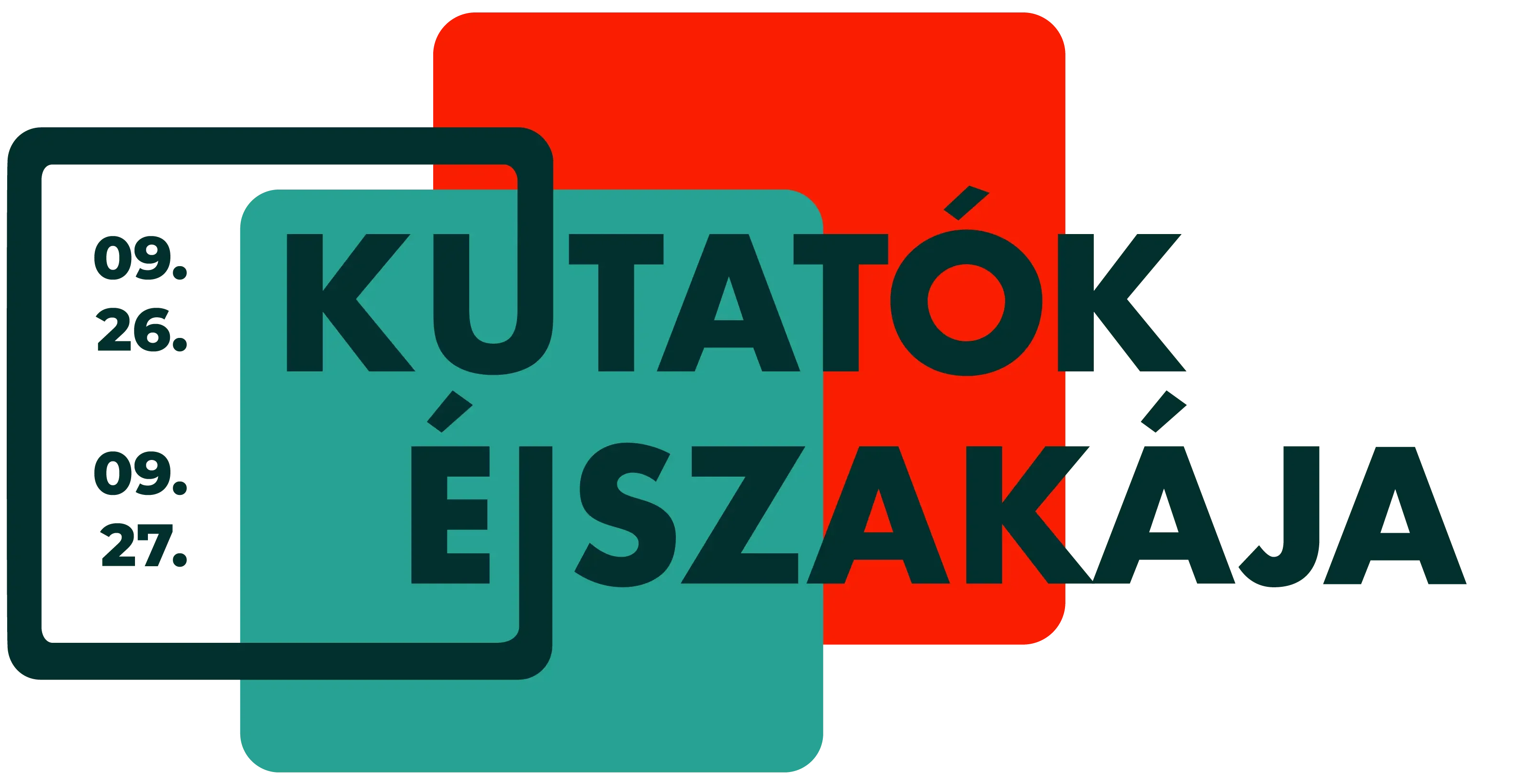Discover South Africa through a board game
Did you know that South Africa has eleven official languages and three capitals? Or that it’s the only country in the world where two Nobel Prize winners once lived on the same street?
If you’re curious about the rich history and vibrant culture of Africa’s southernmost nation, join us for an interactive board game on Researchers’ Night! Through play, we’ll explore South Africa’s complex 20th- and 21st-century history and gain insight into the everyday realities of the apartheid system, a regime built on racial segregation. Along the way, players will also discover highlights of South African music, literature, and cuisine, experiencing some of the country’s most fascinating cultural treasures.
REGISTRATION IS REQUIRED
A maximum of six people can play the board game at the same time, but we are happy to accommodate more people in the audience (the audience can also participate in the tasting and learn a lot about South Africa during the game). You can register by sending an email to [email protected]. Please also indicate whether you would like to take part in the game starting at 5:00 PM or at 6:30 PM.
Programme coordinators:
Kata Gyuris: As a senior lecturer at the Department of English at ELTE, I teach literature broadly defined as postcolonial with a special focus on contemporary African fiction, mostly from Southern Africa. I believe that a country’s culture, past and present, can be best grasped and understood through its cultural products, such as literature, film and other arts.
Lili Zách: As a Senior Lecturer at the Department of English at ELTE, I teach and research a wide range of issues related (but not limited) to Irish, British, American, European, and Hungarian humour and food/drink history and culture. Instead of following a data-centric approach I believe in the significance of historical curiosity in order to gain an insight into the interconnected nature of the human past.



Also for foreigners

Nem regisztrációköteles

